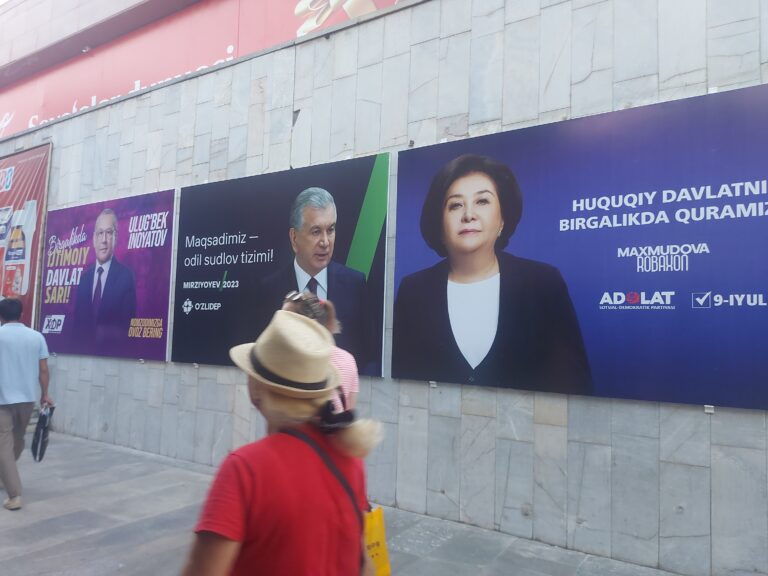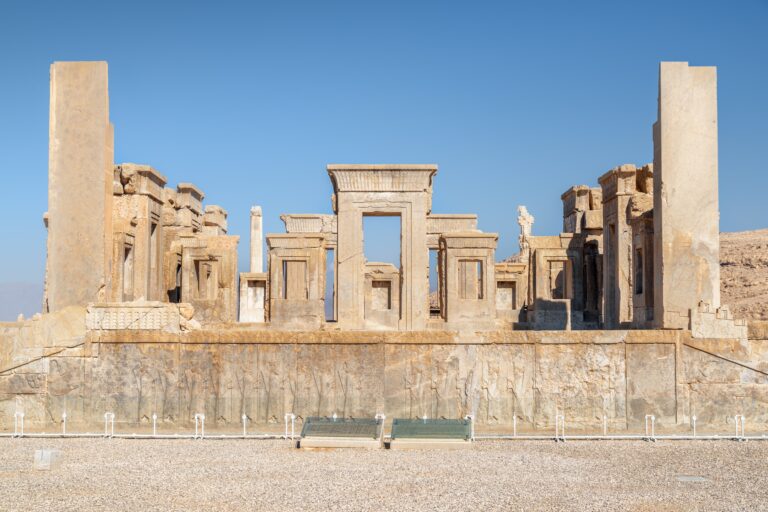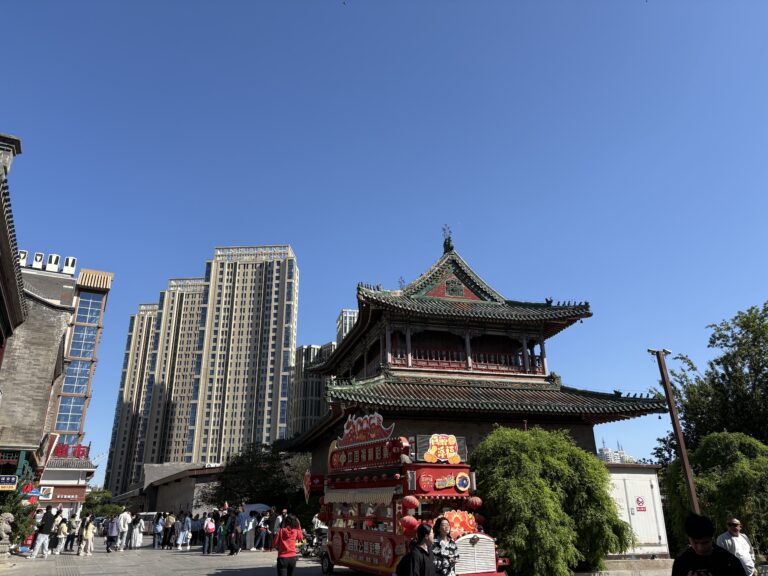Reassessing the Security Implications of Pakistan’s ICBM Programme

Marcus Andreopolous is a Senior Research Fellow at the Asia-Pacific Foundation, and an expert with NATO’s Global Threats Advisory Group
Towards the end of June, Lindsay Ford, a former Biden Administration advisor on South Asia, warned of an emerging nuclear threat to the US from Pakistan. Ford argued that growing paranoia in Islamabad, triggered by this year’s American strikes on Iranian nuclear facilities, could logically lead to the acceleration of Pakistan’s long-range missile programme and the eventual development of intercontinental ballistic missiles (ICBMs) capable of reaching the US itself. As an established nuclear power, this would allow Pakistan to launch nuclear warheads far further than previously possible. This potentially poses an unprecedented threat to the US mainland – one that had previously been reserved only for America’s traditional nuclear adversaries. Yet recent events suggest that, instead of addressing these developments, Washington is opting to prioritise closer ties with Islamabad instead.
American officials have been aware of the development of Pakistan’s covert ICBM programme for some time now. However, the alarm was first officially raised by Biden’s Deputy National Security Advisor Jon Finer back in December 2024 during a speech at the Carnegie Endowment for International Peace. Events since have only reinforced Finer’s concerns over the growing threat Pakistan poses to global stability. The brief India-Pakistan conflict, which ignited earlier this year following a terrorist attack in Pahalgam by gunmen tied to the proscribed Lashkar-e-Taiba (LeT), sparked fears of a potentially nuclear escalation, reminiscent of the crisis that accompanied Pakistan’s 1999 Kargil invasion. Whilst tensions did ease in the immediate aftermath, Pakistan’s successful development of ICBMs presents far more serious and far-reaching nuclear implications than the May confrontation with India.
With this threat in mind, and as one of its final foreign policy acts, the outgoing Biden Administration imposed sanctions on four Pakistani companies on December 18 for their ties to the country’s ballistic missile programme. Among them was the state-owned defence contractor National Development Complex (NDC), alongside Akhtar and Sons Private Limited, Affiliates International, and Rockside Enterprise. All four entities were adjudged to have aided in the proliferation of weapons of mass destruction and were designated under US Executive Order 13382. The NDC has long been a critical facilitator of Pakistan’s missile development efforts, and was first sanctioned by the Clinton Administration in 1998, only for those sanctions to be waived by President Bush in the aftermath of 9/11.
Trump’s return to office, however, has drastically reshaped the landscape of US-Pakistani relations. Under President Biden, bilateral ties slumped to a two-decade low, epitomised by former Pakistani Prime Minister Imran Khan’s tirade against Washington for its alleged role in a ‘foreign conspiracy’ that ousted him from office. Biden subsequently adopted a largely indifferent stance towards Khan’s successor, Shehbaz Sharif, focusing instead on his administration’s pivot towards the Quad, and a deepening strategic partnership with New Delhi, rather than Islamabad. The stark contrast in the US’ approach to the two South Asian rivals was best demonstrated by the removal of decades-old restrictions on Indian nuclear entities, just as their Pakistani counterparts were being sanctioned. Now, however, Trump appears to have embraced Pakistan’s army chief, Asim Munir, whose overture in nominating the US President for a Nobel Peace Prize has seemingly paid dividends in the short term. This is despite Pakistan condemning the US for bombing Iran just a day later.
Whether or not Munir’s charm offensive will have any bearing on the future of Pakistan’s ICBM programme remains to be seen. While Islamabad was identified as a key strategic ally by Washington as early as the 1950s, US-Pakistan relations have rarely been smooth sailing, and there is no guarantee that the present improvement in relations will endure the full length of Trump’s second term. Over the past decade in particular, Pakistan has oscillated between the US and China, although in recent years, the expansion of the China-Pakistan Economic Corridor (CPEC) has pushed Islamabad more toward Beijing than Washington. This is significant considering rising tensions between the US and China, as well as the latter’s own expansion of its nuclear arsenal. In the near future, Pakistan may plausibly be pushed to choose between its two most significant benefactors, a decision with especially high stakes should Islamabad have access to nuclear warheads that could reach North America.
Pakistan’s growing dependence on China raises questions over how much operational autonomy and military sovereignty it could retain in the event of a major conflict. These concerns are compounded by China’s apparent involvement in Pakistan’s ICBM programme. For decades China has played a critical role in supporting Pakistan’s nuclear capabilities, providing tangible aid in the form of enriched uranium and other essential materials and expertise since the 1970s. This has not gone unnoticed in Washington. Just months before the US sanctioned the NDC and other Pakistani entities, the Biden Administration imposed sanctions on several Chinese companies and a research institute for knowingly aiding Pakistan’s ballistic missile programme. This move came a year after three other Chinese firms had been sanctioned for the same violations.
For the time being, however, the current US administration appears to have set aside these considerations, pursuing a largely transactional approach to Pakistan that emphasises economic interests over regional security concerns. This has resulted in closer engagement with Pakistan’s military-backed government, despite concerns in Congress about ongoing political repression in the country. Should US–Pakistan relations proceed as they are, there is little reason to expect Trump to take interest in, let alone seek to curb, Pakistan’s ICBM programme. The present trajectory could even see Washington rescind sanctions introduced by the previous administration on Pakistani companies aiding this project as a concession to the Pakistani military, echoing the State Department’s recent decision to upgrade the terrorist proscription of the Balochistan Liberation Army. Either way, the current boost in bilateral relations means that concerns about Pakistan’s ICBM programme will continue to fall on deaf ears in Washington.
The opinions expressed are those of the contributor, not necessarily of the RSAA.






